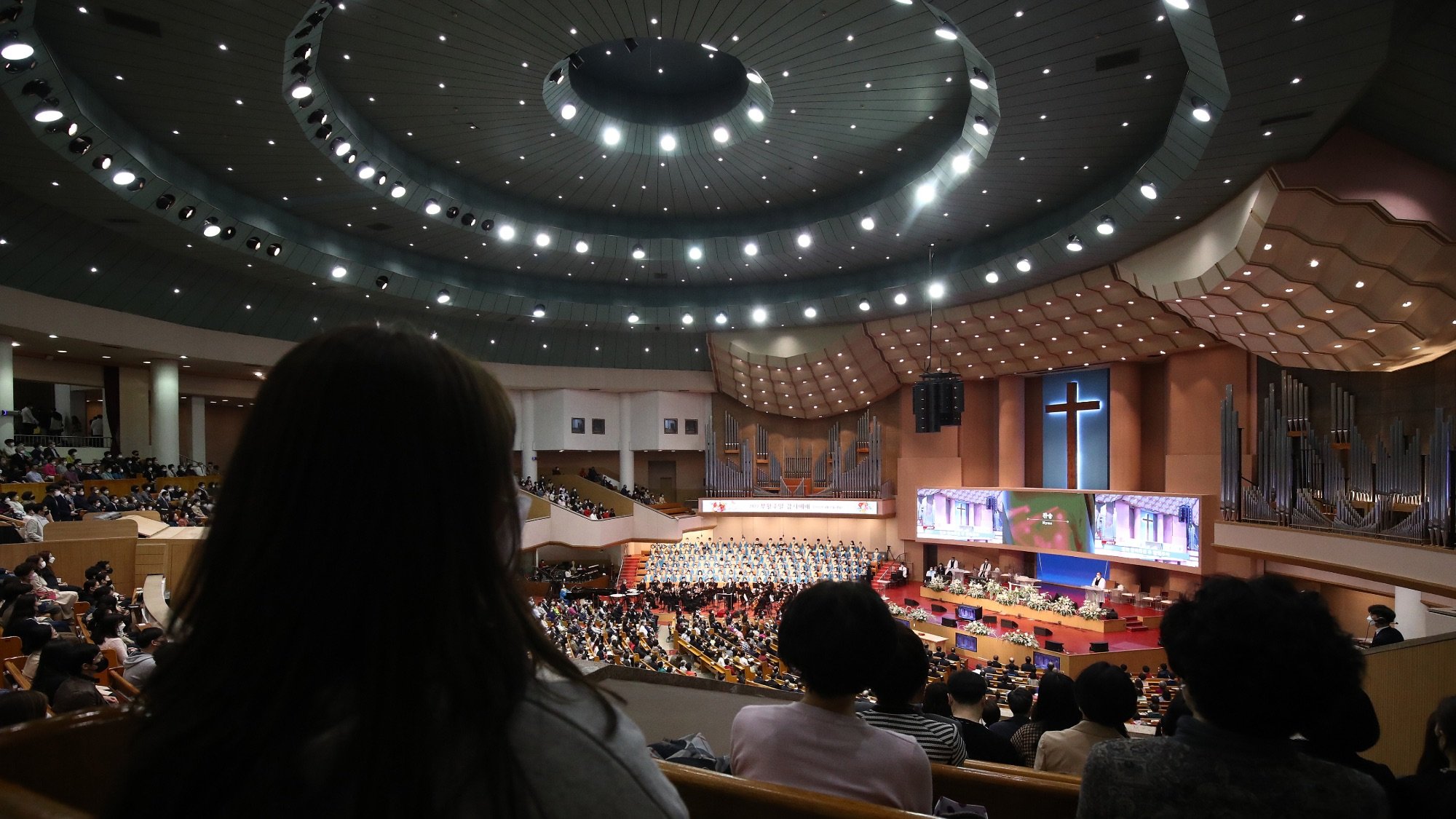Vigilante lynching mobs. State-sponsored harassment. Vandals defacing houses of worship.
According to recent reports, Muslims, Christians, Sikhs, and other religious minorities in India are being confronted by renewed and increased attacks.
In July 2021, the London School of Economics and Political Science, through research commissioned by the persecution watchdog Open Doors, reported that religious minorities in India are facing “imminent existential threat.”
The most prominent source of this anti-Muslim, anti-Christian, and anti-Sikh sentiment is Hindutva, a type of Hindu nationalism that advocates for the transformation of constitutionally secular India into an ethno-religious state based on Hindu supremacy.
Hindutva should be distinguished from Hindu religious traditions, some of the world’s most ancient religious texts and practices, as well as to traditions that are present throughout every part of the globe today.
Along with other religious minorities, Christians are believed to have allegiances that lie outside India — or having adopted the religion of colonial rulers — and thus are not “true Indians” according to Hindutva activists and advocates. Wanting to purify India of their presence, there has been an increase in violent rhetoric against, and orchestrated attacks on, Christians in recent years.
Increased pressure, attacks
In December, Al Jazeera reported that human rights groups recorded more than 300 attacks on Christians and their places of worship from January to September 2021 alone. On February 25, 2022, a 35-year-old pastor was assaulted and tied to a post at a roadside in South Delhi. He was accused of forcing conversions on Hindus by his attackers.
Christians account for around 2.3% of India’s population and are the nation’s third-largest religious group after Hindus and Muslims. Despite Hindutva-inspired allegations that Christianity is alien to India, it is believed that the religion could have taken root in the region some 2,000 years ago. Withhigher concentrations in some small, northeastern states like Nagaland, Mizoram, and Meghalaya, Christians are found throughout India, with significant populations in southern states like Tamil Nadu and Kerala as well as the northwestern state of Punjab.
Rev. Dr. D. Christu Das, principal of Concordia Theological Seminary, Nagercoil, India (CTSN), said that Lutherans are among those facing state-sponsored pressure and orchestrated persecutory actions by local authorities. Although almost half of Christians are Catholic, there are around 4 million Lutherans in the country, making them India’s third largest Christian community and its second largest Protestant denomination after the Assemblies of God.
In particular, Christu Das is concerned about anti-conversion bills, which ban changing one’s faith identification. These laws, said Christu Das, provide pretense for religiously motivated violence.
Proponents of these laws accuse Christians of using money, power, and undue influence to force people into conversion. Some charge Christians with wanting to “convert all Hindus.” Connecting Christianity to European colonialism, one advocate of anti-conversion laws say that Christians have a “fanatical urge to destroy all global religious diversity in the name” of their religion.
The regions where Christians face the most resistance and persecution are states where the Bharatiya Janata Party (BJP), a Hindu nationalist party, is a major player in state government. Although that can change every five years due to elections, state authorities both within and beyond the BJP often willingly ignore attacks or implicitly — sometimes explicitly — encourage their proliferation.
Across India’s history as an independent nation, several states have passed “Freedom of Religion” laws to restrict religious conversions. More recently, anti-conversion laws have been passed in Himachal Pradesh (2006 and 2019), Jharkhand (2017), and Uttarakhand (2018). In November 2019, citing supposedly rising incidents of forced and fraudulent conversions, the Uttar Pradesh Law Commission recommended enacting a new law to regulate religious conversions. This led state governments in Uttar Pradesh and neighboring Madhya Pradesh to police religious conversions in the states in 2020 and 2021 respectively.
The World Evangelical Alliance (WEA) — in concordance with the Evangelical Fellowship of India (EFI) — said, “These laws claim to merely purge the use of force, fraud, and inducement from religious persuasion in the interest of public order. But these vague and overtly broad legislations are in fact based on a long-time propaganda by right-wing Hindu groups against Christian and Muslim minorities.”
To Christu Das, this means that these laws go against the universal human rights declaration and the guarantees of religious freedom contained therein. Believing that in a modern, globalized world, conversion from one religion to another is common, Christu Das said that people should be allowed to change their faiths according to their personal choice and not be coerced one way or another.
“Religious transformation is a human rights issue”



